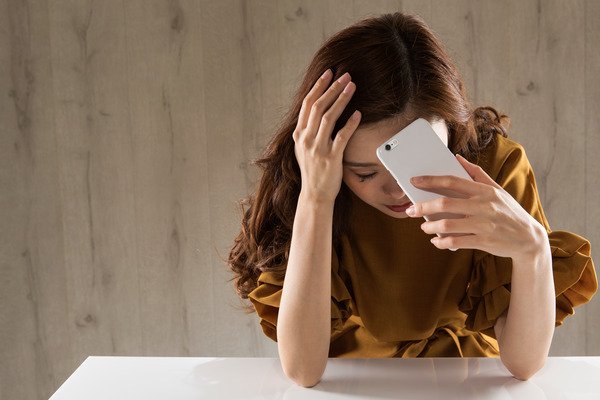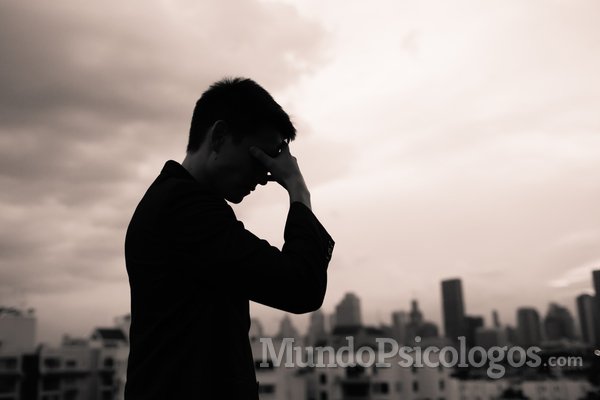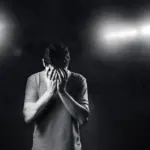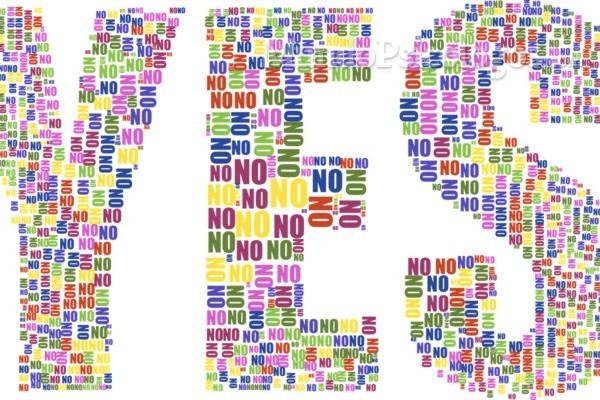Fear, rejection or disgust towards the poor is more common than we think. Today I explain what aporophobia is as well as its causes in order to better understand this recent term.
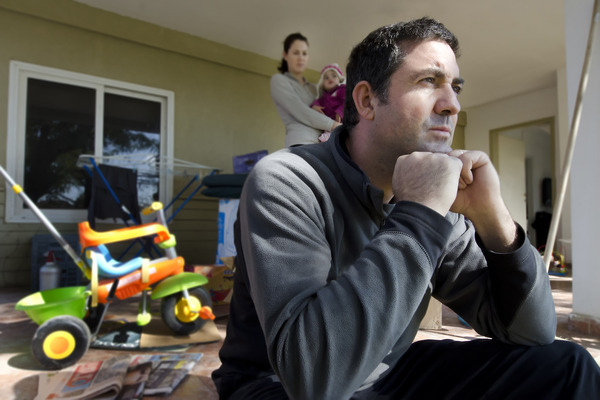
The aporophobia or phobia of the poor It is a psychological and social phenomenon that is related to a feeling of repulsion towards that which is different. Specifically, the fear of poverty is usually expressed both in the way people think and act. But why is the poor rejected?
What is aporophobia?
The term aporophobia which emerged for the first time in 2000 and which defines fear, rejection, aversion or disgust towards poor people, was considered the neologism of the year in 2017 by the RAE given that it has been a social reality for a long time. The problem is that this rejection is sometimes masked by thinking that it is racism or xenophobia, but in reality there are people who dislike others not because they are immigrants but because they are poor, that is, because they lack of resources.
There are people who, when they see a homeless person, feel pity and compassion and try to help them if they can, however, there are others who turn their faces away, change the sidewalk or even make derogatory comments towards the homeless person, sometimes leading to aggression. physical. There are studies that corroborate that almost 50% of homeless people have been victims of hate crimes at some point during their homelessness.
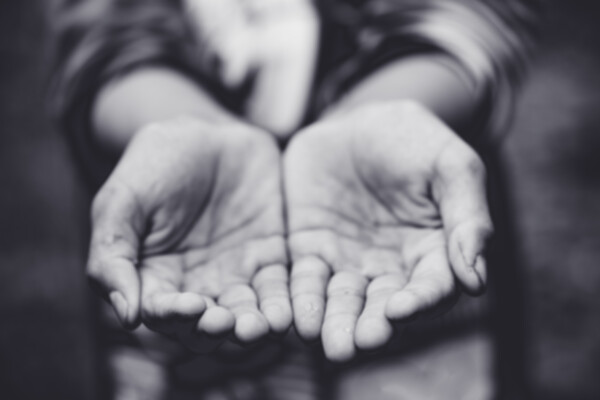
Why is there rejection of the poor?
The situation of social exclusion that the poor live It often causes the feeling that they can be unpredictable and therefore dangerous. Without any indication, people can attribute bad intentions to the poor person simply because of their physical appearance and appearance, and that can end up triggering fear.
- Little empathy: A step after fear is rejection or disgust and for this it is necessary that people who feel these emotions have little sense of compassion and empathy. They are people who feel superior to the poor and blame them for their poverty. They attribute negative traits to them such as: lazy, crazy, drunk… They do not think that anyone with few family resources can end up homeless after a series of economic misfortunes, but rather they think that they have ended up this way because they have asked for it. Therefore, by blaming them, they do not put themselves in the specific place of each story and only think that they are the only ones responsible for their situation. That is what can lead to rejection and even persecution of the poor with the aim of “cleaning the streets” as if they were doing a good deed or simply feeling entitled to humiliate and despise someone because they have a social position and the poor do not.
- Cognitive dissonance: The aporophobia It may be based on the discomfort that people may feel toward the poor. When cognitive dissonance occurs, it implies a state of tension and psychological discomfort that appears when two contradictory ideas collide. In the case of poverty phobia, people can create prejudices simply to justify their lack of help towards those who suffer from poverty.
- Prejudice due to lack of contact: It is possible that aporophobia It is also caused by the lack of direct contact with the poor, which causes people to base their ideas about poverty on prejudices.
How to combat the phobia of the poor?
Fight aporophobia It is complicated, since both poverty and the social rejection of it are widespread. Despite this, one way to combat the rejection of the poor is to think that those who suffer from this situation do so largely because of their circumstances and not because of what they have done with their lives.

